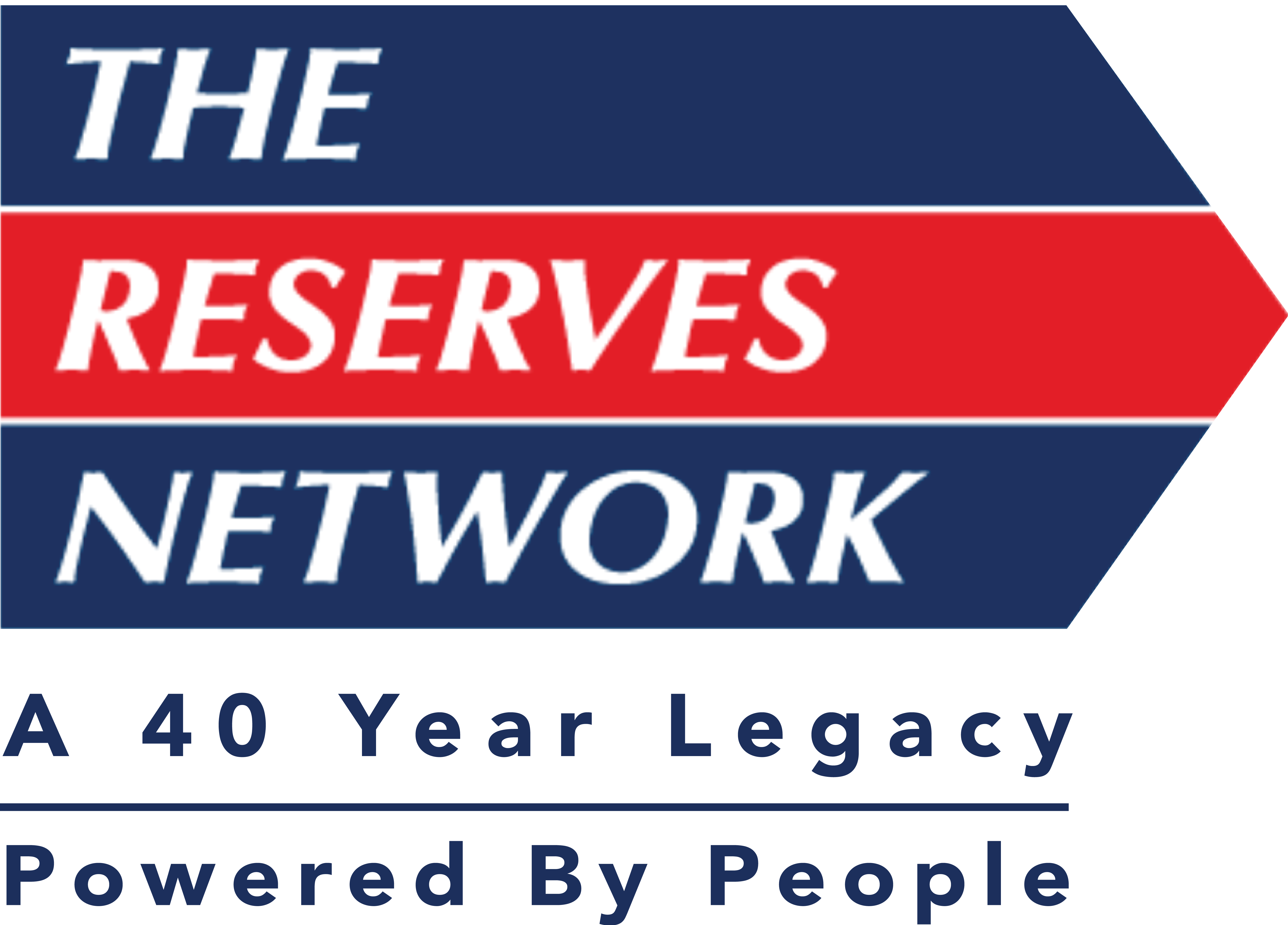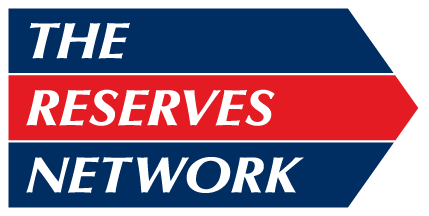The Reserves Network’s Best Blog Posts of 2017!
It’s the time of year when everyone rolls out their “best of” lists for 2017. Here at The Reserves Network, we’re no different.
While it’s hard to pick favorites, as there were so many great blogs this year, we were able to settle on five choice posts that covered improving the manager-employee relationship, what to do while waiting for your interview to start, avoiding the “job hopper” label, addressing a long bout of unemployment and how to respond to the “Where will you be in five years?” interview question.
Improving the manager-employee relationship
Good supervisors are in touch with every person they manage, knowing their career goals, strengths, weaknesses and potential as a professional. While this degree of attention is common to every leadership style, you need to pick a style that best suits both you and your team. Common leadership styles include consensus building, unilateral decision making, coaching, laissez-faire and community building.
Read the whole post here.
What to do while you’re waiting to start the interview
Your interview begins as soon as you walk in the door of a potential employer. After you have checked in with reception and sat down to wait for your interview, it is crucial to display excellent professionalism.
While waiting, you need to avoid doing anything to hurt your chances of getting the job. In addition to being composed, you should also be polite to those you interact with, rehearse your responses in your head and visualize success.
Read more here.
When does job changing become “job hopping”?
While you are probably going to change jobs a few times in your career, you will have issues finding work if you change jobs too many times in a short time span, something known as ‘job hopping’.
Hiring managers are reluctant to hire individuals who they think might leave after a few months. Therefore, if you have an erratic employment history, it will probably scare off a few potential employers.
On the other hand, sticking with the same company for too long can also be a negative thing for your career. You may have hit a ceiling with respect to pay and advancement opportunities at your current job, and you might not be learning new job skills that strengthen your resume.
Read our thoughts here.
How to handle a long bout of unemployment
Long-term unemployment isn’t just stressful, it can actually make it more difficult to find a job. Even if there is a good reason for unemployment, such as starting a family or going back to school, you can’t just trust that employers will see your absence from the workforce as a personal virtue. If you are currently in a lengthy period of unemployment, you address the situation by gaining new skills, volunteering or taking temporary jobs.
Read the whole post here.
“Where do you see yourself in five years?”
A job interview classic, this question is designed to gauge applicants’ interest in the company and career ambitions. An ideal approach to answering this question is to talk about gaining new skills, career ambitions and realistic career goals.
Read the whole post here.
Keep reading The Reserves Network blog posts for up-to-date information for employers and job search candidates in 2018!




